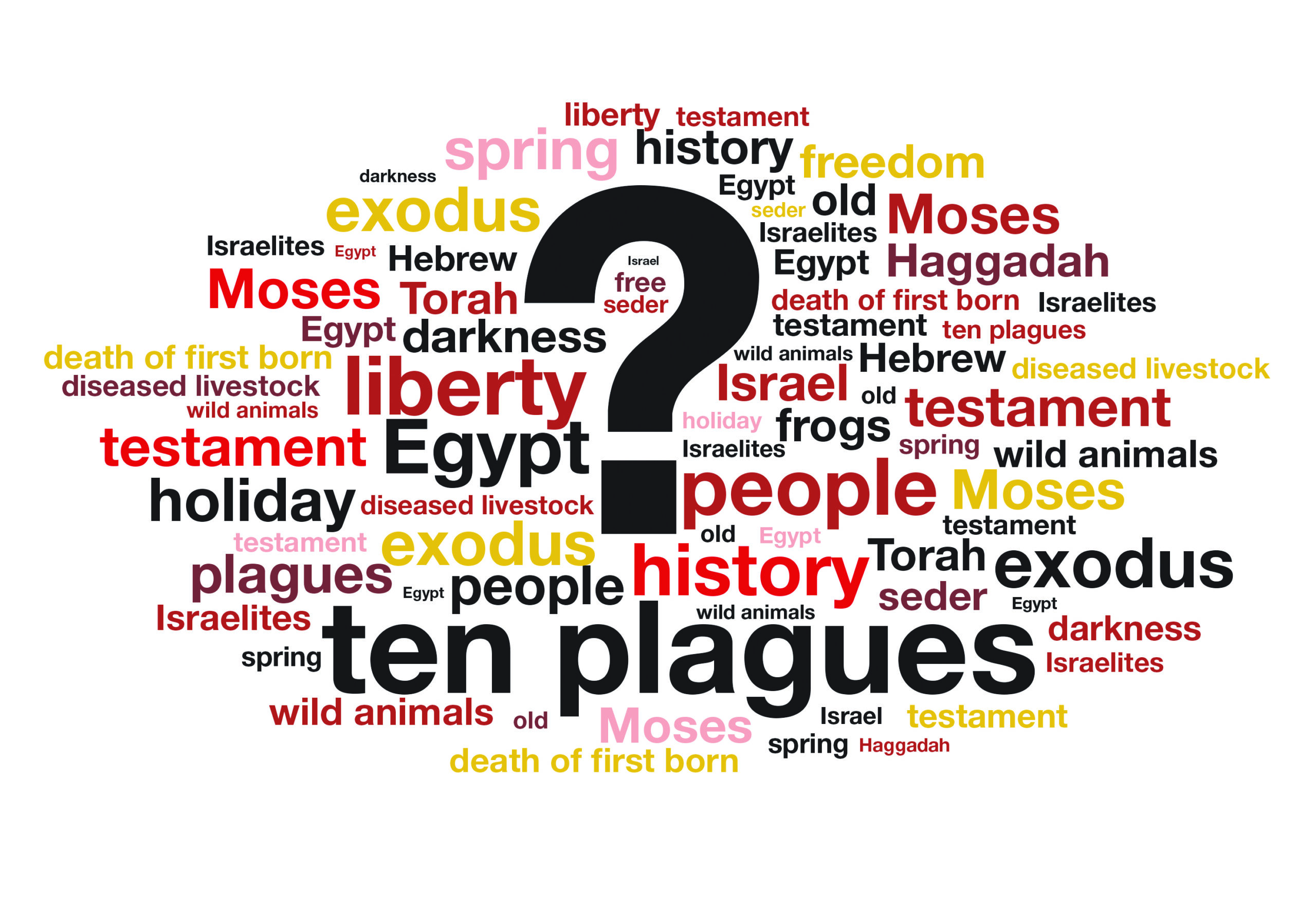Prof. Sam Lehman-Wilzig – A 5th Passover Question
Historically, Why Has Judaism Progressed Mainly OUTSIDE the Land of Israel?
On the face of it, Passover symbolizes the Jewish People’s need and desire to live in their own homeland. However, the Passover narrative hides a deep paradox, one found throughout almost all of Jewish history: almost all of Judaism’s major religious advances have occurred OUTSIDE the Holy Land!
Here’s a list of Judaism’s major contributions to the world (without quibbling if some other nation preceded the Jews in this or that advance):
* Abraham (the first “Jew”) discovers God, not in Canaan, but in Mesopotamia.
* Moses, the Jewish people’s greatest leader, discovers God in Midian (the Burning Bush), and not in Canaan.
* Passover: The Children of Israel are freed from their slavery and are now more or less ready to receive the Ten Commandments. But where does God deliver them? Not in the Land of Israel, but on Mount Sinai – outside the borders of the Holy Land!
* And when God does deliver the entire “Torah” through Moses, that too is not handed over in the Holy Land, but in Moab on the other side of the Jordan.
* Despite the best efforts of several Israelite Judges, Kings and Prophets to inculcate monotheism, the Children of Israel regress again and again to polytheistic idol worship. When does this finally cease; that is, when do the Jews become truly and completely monotheistic? During the Babylonian exile! We find no more polytheistic worship afterwards in the sources.
* Beyond the TANAKH (full Bible), the greatest book of Jewish law and philosophy is the Talmud. But there were two Talmuds – the Jerusalem and the Babylonian. Which has been studied assiduously over the ensuing two millenia? The Babylonian! (True, the basis of the Babylonian Talmud – the Mishnah – was edited and finalized in the Land of Israel, yet it is but a very small portion of the Babylonian Talmud, and hardly the core of subsequent Talmudic study, given its laconic nature.)
* Maimonides’ Mishnah Torah, arguably the greatest post-Talmudic work, was written in Egypt. Here, though, we have an important caveat: Rabbi Yosef Karo’s Shulkhan Arukh, the practical guide to Jewish law (Maimonides’ was more “philosophical”) written in Safed, occupies equal stature.
* Finally, the two main Jewish theological movements in the modern era – Liberal/Reform, and Conservative – also were founded and first practiced in Diaspora. Unsurprisingly, given the short history just enumerated, these two movements remain relatively weak (certainly in number of adherents) in Israel to this day and far more widespread around the world.
* * * * * * * *
On the other hand, there is no arguing with the fact that the Land of Israel is central to the Jewish People and to Judaism. There are numerous verses in the Torah and Talmud reinforcing that principle. So how to explain this paradoxical situation, whereby the commandments are to live in Israel, but the reality is that Jewish “progress” is almost entirely a matter of Jewish Diaspora life?
I would venture to argue that this paradox is not “contradictory” but rather contains a deep complementarity: the more you feel at home (when you are really home), the more normal you think and behave. At home, one lives in an inertial sort of way, continuing what you (and your forebears) have done from time immemorial, without giving it too much thought – there’s not much need to think deeply about the “significance of life”. Conversely, in Galut (Diaspora) two things happen.
First, not being completely comfortable away from home, people will tend to greater self-reflection – national and personal – occasionally quite deep. Second and related, there is no choice but to come into daily contact with others (the majority and occasionally other minorities) of a different social culture. Such contact only reinforces that self-reflection and the questions we ask: “what is really different between me/us and them?” The result of such self-interrogation is twofold: discovering “what we really stand for” – and on the other hand, absorbing some of the other cultures’ habits, rituals, and ideas. (An excellent example is the Passover Seder: an almost exact replica of the Greek Symposium – eating while lying on our side; drinking lots of wine; telling stories through the night).
At home, as sovereigns in the Land of Israel, Jews are commanded to get rid of the locals (Joshua’s conquests, e.g. Amalek), and at the least, not to consort with non-Jews (Numbers 33: 55). Ezra returned from Babylon and forced all the Jews who had remained in Judea to divorce their non-Jewish wives.
In short, within Israel, Jewish religious homogeneity and stasis is the aspiration – but in Diaspora, cultural and theological dynamism is called for. The Jewish People need Diaspora “Mount Sinai” on the one hand, and Homeland Jewish sovereign living on the other. The first offers religious progress; the second provides religious normalcy. Whether one is celebrating Passover in Israel or in the Diaspora, we shouldn’t forget the other half of what Judaism and Jewish history has been all about.









